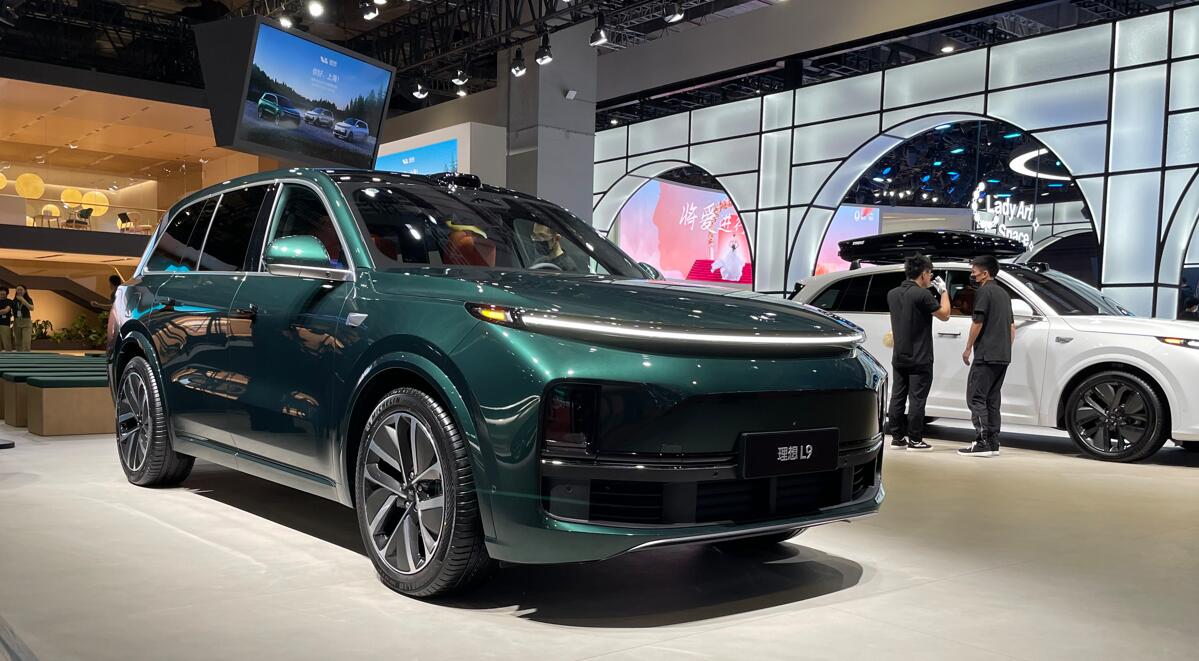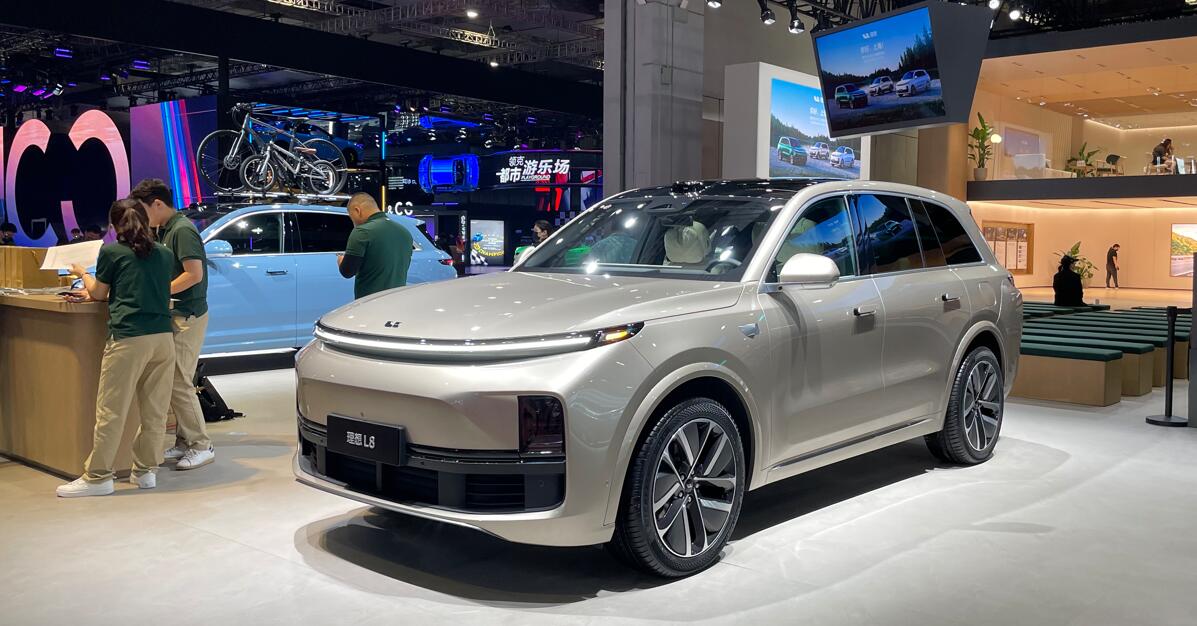Li Auto validated the solid-state battery option for more than half a year, but gave up because the cost of the pack alone was close to RMB 300,000, according to local media.

(Image credit: CnEVPost)
Li Auto (NASDAQ: LI) considered using solid-state batteries in future models in 2019, but abandoned the route after validation, local media outlet LatePost said in a report today.
Li Auto validated this for more than half a year, arguing that Nio's replenishment solution was already a ceiling and that the latter's battery swap don't have to take into account charging duration, the report said, citing a person close to the company.
However, solid-state batteries were too expensive, with the battery pack alone costing close to RMB 300,000 yuan ($42,000), so Li Auto gave up, the person said.
In February, Nio (NYSE: NIO) co-founder and president Qin Lihong said at a user face-to-face event that the company's 150-kWh battery packs cost almost as much as an ET5 sedan, which now starts at RMB 298,000.
Around 2020, the search for higher-range batteries became one of the most important topics for China's EV industry, and the most essential way to improve range is to increase the energy density of batteries, LatePost noted.
At that time, the energy density of lithium batteries was generally between 130-160 Wh/kg, and the higher the energy density of the battery, the worse the stability.
In contrast, solid-state batteries not only have a high energy density, allowing vehicles to achieve a range of 1,000 km, but are also extremely safe, the report said.
When Nio launched its flagship sedan, the Nio ET7, at the Nio Day 2020 event on January 9, 2021, it unveiled a 150-kWh semi-solid-state battery that it said would give the vehicle a range of more than 1,000 km.
Since then, the battery's delivery schedule has been delayed several times, and Nio didn't file for the use of the pack in its models until early May of this year.
On May 24, Nio founder, chairman, and CEO William Li said at the launch of the new ES6 that the 150-kWh semi-solid battery pack would be available in July.
However, Qin said at the Nio Power Day event on July 20 that there is a slight change in the availability of that semi-solid-state battery pack, but it's coming soon, hinting at a new delay.
Li Auto has turned its attention to lithium-ion batteries that can be fast-charged after abandoning the solid-state battery option, LatePost said.
In November 2020, Li Auto founder, chairman, and CEO Li Xiang said on an earnings call that the company would not launch an all-electric model until the 400 kW fast-charging technology matured.
Li Auto believed at the time that a 10-minute charge was achievable, and that the difficulty lay in balancing high energy density, the report said, adding that the company predicted at the time that EV batteries should be able to reach an energy density of 320 Wh/kg - 350 Wh/kg by 2025.
In early 2021, Li Auto got a sample of CATL's Qilin Battery, with an energy density of 250 Wh/kg. the company then made a prototype vehicle and found the solution feasible, according to the report.
Li Auto launched its first battery electric vehicle (BEV) program when the key battery technology breakthrough was made, and after a year of validation, it finalized the battery form for the model, the report said.
Li Auto's three current models -- Li L7, Li L8 and Li L9 -- are extended-range electric vehicles (EREVs), which are essentially plug-in hybrids.
On June 17, Li Auto announced at its inaugural Family Technology Day that its first BEV would be named Li Mega and is expected to be released by the end of 2023.
Li Auto said at the time that it was confident that the Li Mega would be the number one in sales for all passenger cars priced at RMB 500,000 and above, regardless of energy form or body style.
The model will be the world's first to feature CATL's 4C Qilin Battery, Li Auto said on April 18. C refers to the battery's charging multiplier, and 4C means that the battery pack can theoretically be fully charged in one-fourth of an hour.
At the June 17 event, Li Auto said it has developed its own 800 V high-voltage pure electric platform and will mass-produce 5C pure electric vehicles, the company said.
The company has optimized the battery at a system level to more fully utilize the battery's 5C charging multiplier, enabling the vehicle to get a 400-kilometer range on a 9-minute, 30-second charge and a 600-kilometer range in 22 minutes, it said at the time.
($1 = RMB 7.1534)
Nio's user manuals now include 150-kWh battery as delivery nears



